Of Easter and Watermelon
By: Rev. Mark Breese
(Download Reflection – This is formatted as a folded pamphlet)
Pastor Mark is the Agency Minister and the Director of Ministry & Community partnerships at Community Missions.
I grew up in the house that my father built. It stood on a long narrow piece of property that stretched over 1200 feet from Church Lane (yes, I, a minister, grew up on a road called Church Lane) all the way back through a wood and across a small brook with the unremarkable name of “Branch of Lawrence Brook.”
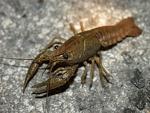
This brook and the woods that surrounded it were the same brook and woods that my father played in when he was growing up. As a boy, when I turned over some rock in the middle of the brook searching for the crayfish, I often wondered if I was turning over a rock that my father had once turned over years before?
On the other side of the brook there was a steep tree-filled slope that led up to a vast farm field that belonged to the County Work House… yes, that means the prison for our county. The inmates used to work the fields tending the corn (horse corn—not at all good to eat), green beans (always stringy), potatoes (never tried those), peaches in a small orchard (really good, but really close to the Work House itself), and watermelons. It was the watermelons that I loved.
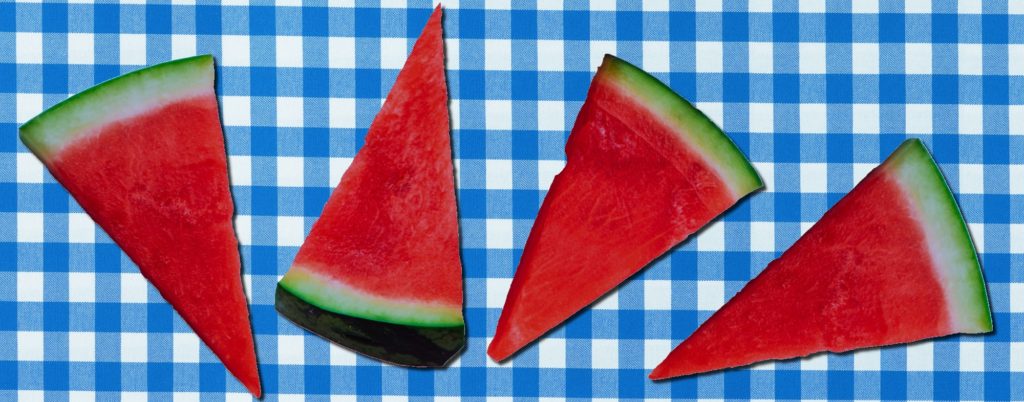
Yes, as you have guessed, I used to take watermelons from the Work House field. OK, let’s call it what it was. I used to steal them from the field where the inmates were made to work because they had stolen stuff. You would think that the example of these men, their freedom gone, would have dissuaded me (let’s call this what it was, too) from such a sinful action.
It was not like I didn’t get it—that this was a slippery slope that could lead to being a not-so-good person. I could not delude myself that these were just the average, local ne’er-do-wells. No, periodically someone would do a runner from the Work House and end up in the woods where I played so often. I never met one, but I did meet the police and state troopers who would come to our door and let us know that some inmate had escaped and that we should stay inside, keep the doors locked, and not play in the woods until the inmate was recaptured.
“It was foul, and I loved it. I loved my own undoing. I loved my error–not that for which I erred but the error itself.”
Confessions of St Augustine
We even had met the police in our driveway when we were coming back from the store or school sometimes. They would be looking around our house (it was set back in the woods, over 400 feet from the road up a long dirt driveway). My mom or dad would let them in to check our house before we went inside and locked the doors.
So, on all kinds of levels, I knew it was wrong. I mean, even my father told me it was wrong in no uncertain terms. Of course, it was also my father who explained that, if you “took” two watermelons the first time, ate one, and put the other in the brook overnight, you could get a rotation going and always have cold watermelon. You see, the next day you would go back, “take” another watermelon and swap it out with the one in the brook from the day before—which, by then was nice and chilled by the cold waters of the brook. It really worked… so long as the raccoons did not find your watermelon in the night!
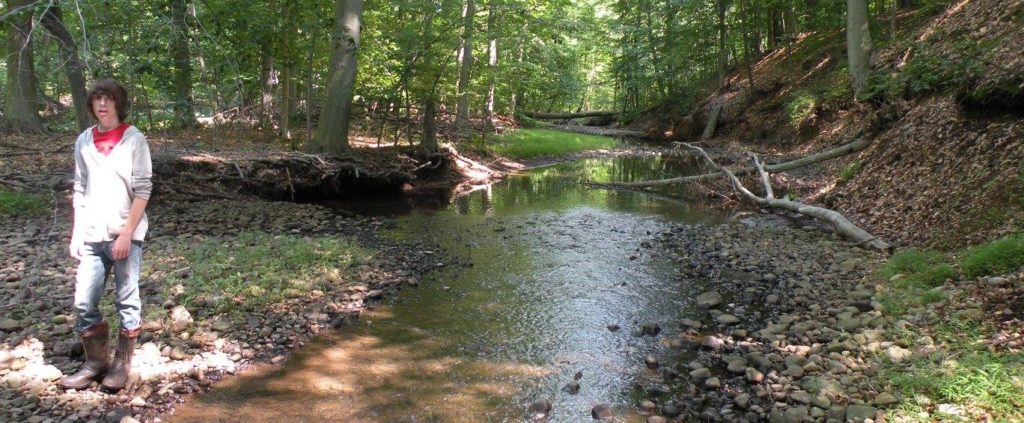
When I had asked my father how he had thought of this watermelon cooling trick, he said that was what he used to do. When I asked him if he had ever been caught, he said “Well, sometimes you just have to drop the watermelons because they slow you down.” It was good advice which, luckily, I remembered one late summer afternoon when a friend and I abandoned a large basket of really ripe peaches in order to outrun the pickup truck of guards that was bearing down on us.
I suppose that this confession of mine may not sound like the stuff that ministers should be made of… or at least talk about (let alone put in writing on the Internet!). But Easter here, you see, so it is the beginning of spring in this part of North America. Things are starting to grow and it is just about time to plant the watermelons in the Work House Field.
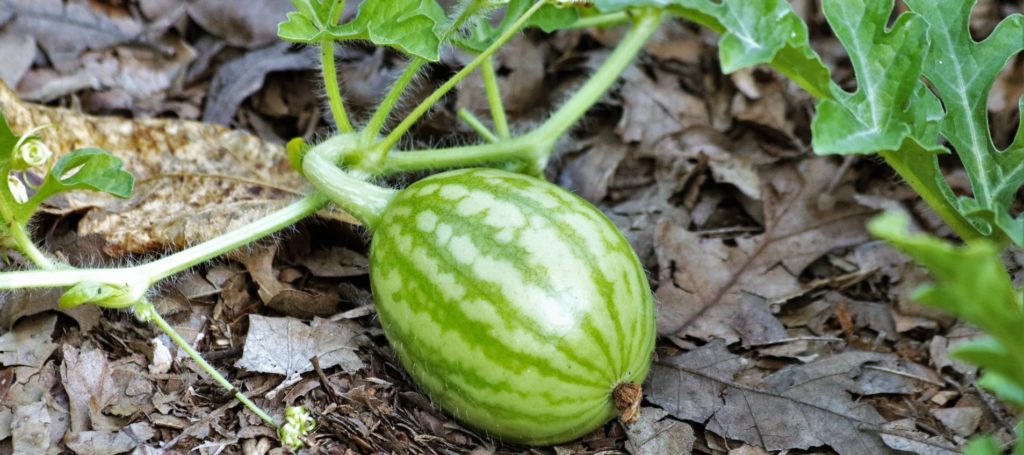
I think about those watermelons every spring. I think about them because this is their time to begin that long growing process that leads to the eating of stolen, brook-cooled watermelon while sitting in the dappled light and hot, still woodland air of an August, summer afternoon in New Jersey. And sin though it was, and long ago repented of, I can still see the deep red heart of the watermelon as the dark green rind would break open against that particular sharp rock in the shallows of the brook. I can still taste its sweetness, feel the moist inner flesh in my mouth and the brook-cooled juices on the back of a tongue and throat made dry by the summer heat.
In his Confessions, St. Augustine tells how he stole pears from a neighbor’s orchard when he was a boy. For him it was not the goodness of the fruit that compelled him, but the act of doing wrong:
Such was my heart, O God, such was my heart–which thou didst pity even in that bottomless pit. Behold, now let my heart confess to thee what it was seeking there, when I was being gratuitously wanton, having no inducement to evil but the evil itself. It was foul, and I loved it. I loved my own undoing. I loved my error–not that for which I erred but the error itself.
(St. Augustine, Confessions, Book 2, Chapter 4)
Now I am not trying to make myself out to be better than St. Augustine, but for me it was not the act of stealing, as much as it was the fruit! At the time, I felt little guilt. Fear of being caught, I felt aplenty! But it amounts to the same thing. What I did was wrong. I knew it while I was doing it and I did it anyway.
Our lives are filled with these kinds of moments. Some are bigger than others. We do the wrong that we know we ought not to do. We don’t do the right that we know we should do. For as much as I am in awe of the depth and scope of St. Augustine’s intellectual and theological work, I have never quite been able to fully buy into the depth of his deeply dim view of human nature. And yet, there are the watermelons to contend with!
That brings me to my point: Easter happened because of the watermelons of life. Christ came and died and rose again for precisely that reason. We are in need of God’s grace. We are in need of God’s Spirit. We are in need of forgiveness that only God can offer.
The watermelons tempt us. They win us over—even though we know that they ought not to. Even after we have been forgiven, even after we have repented and done our penance, the Siren Song of the Watermelon from the Work House Field call us– and we listen!
It is only the gift of Easter that can provide the grace that cleanses our hands and face from the sticky, cold sweetness of the brook-chilled watermelon we know we ought not to have had. It is only the gift of Easter that lets us turn away from that Siren Song of the Watermelon and go down a different path. Perhaps it is a path that leads instead to the grocery store, or maybe even our own garden, where the watermelon is just as sweet and, if we take the trouble to carry them down to the brook and swap them out each day, just as cold… if the raccoons don’t eat them in the night.
Pastor Mark
Christ is Risen! He is Risen Indeed!
May God bless you richly this Easter.
Note: This reflection really got me thinking about where I grew up. I decided to include some pictures from around and in the house my dad built, the wood it was in, the brook, and a few other things.



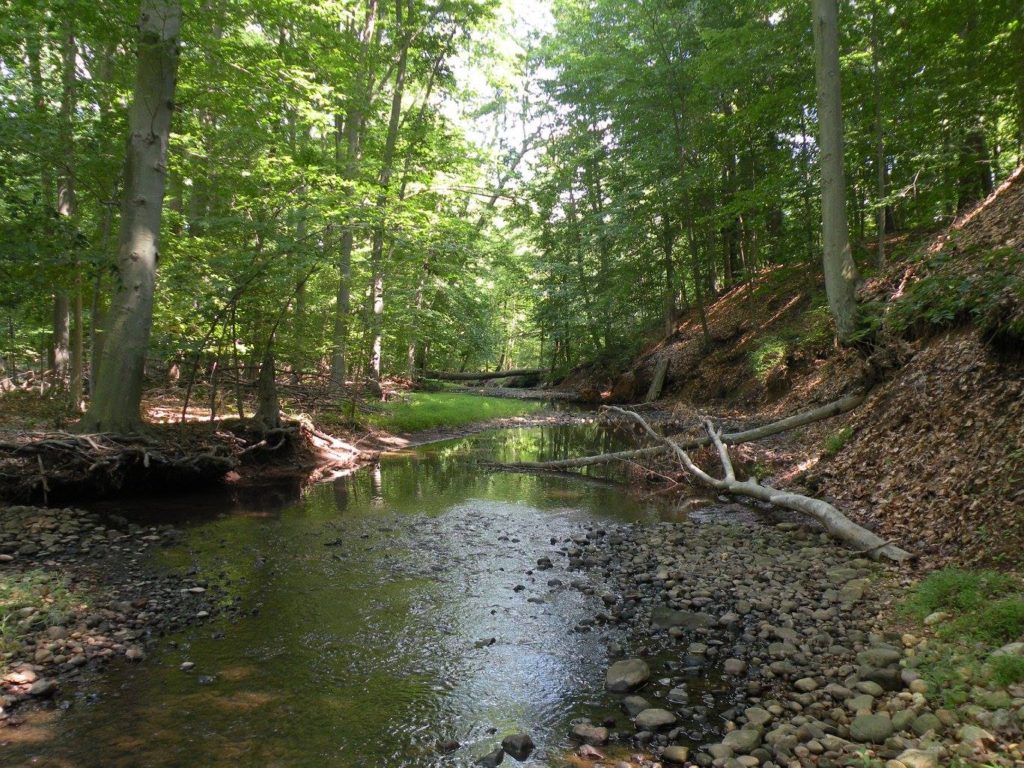
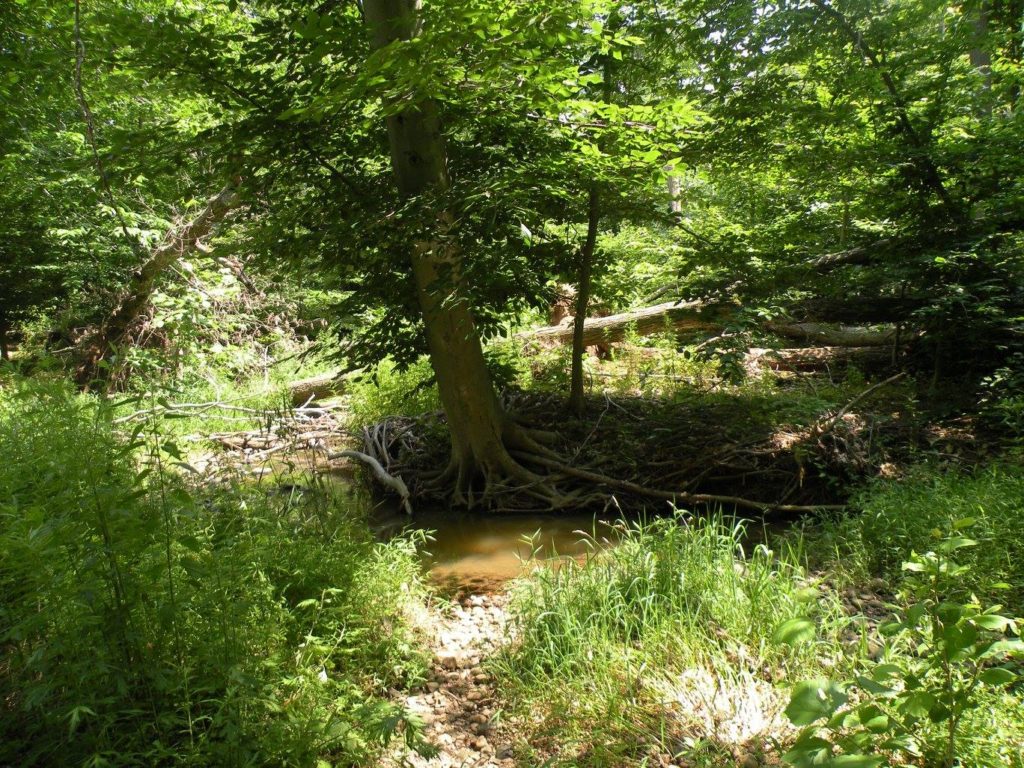
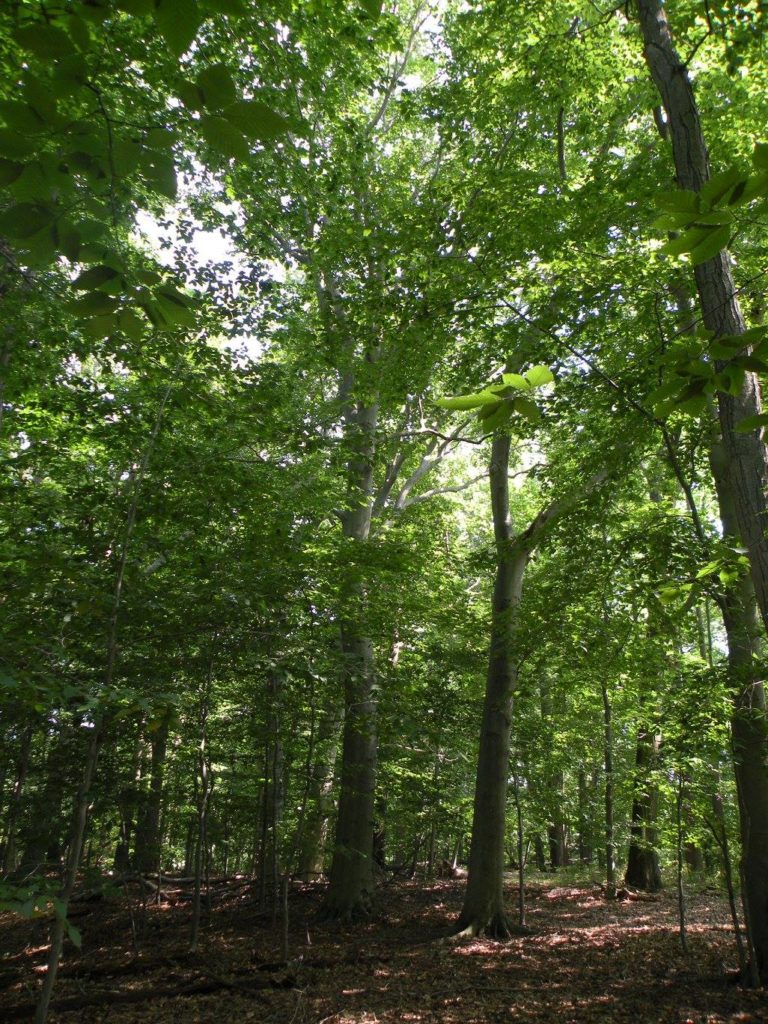
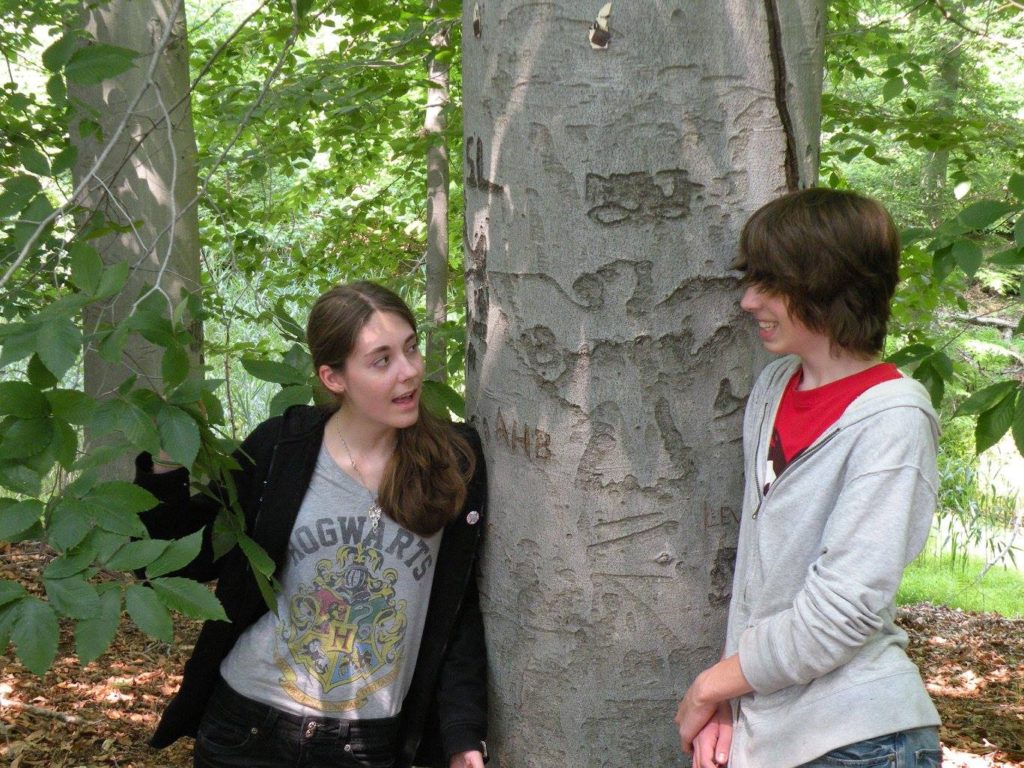
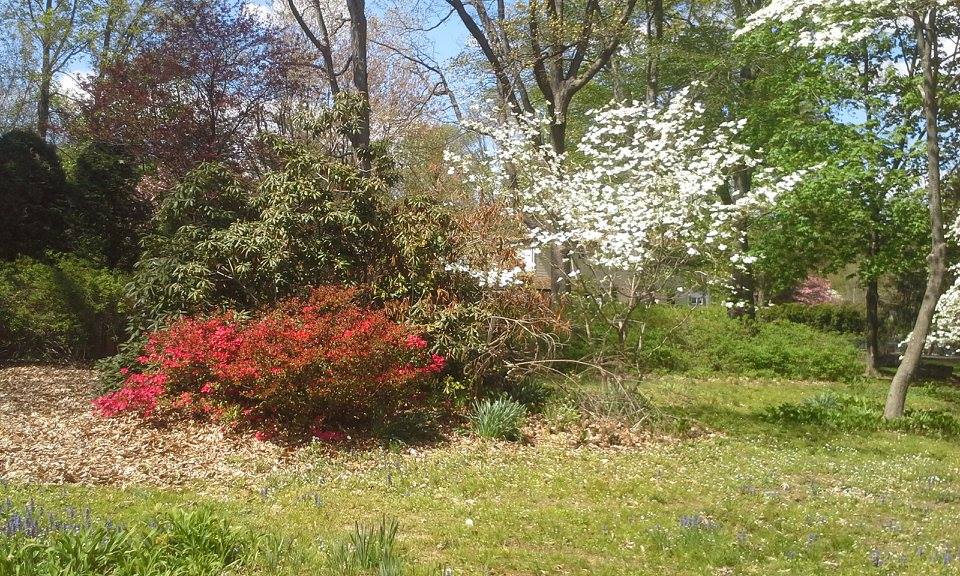
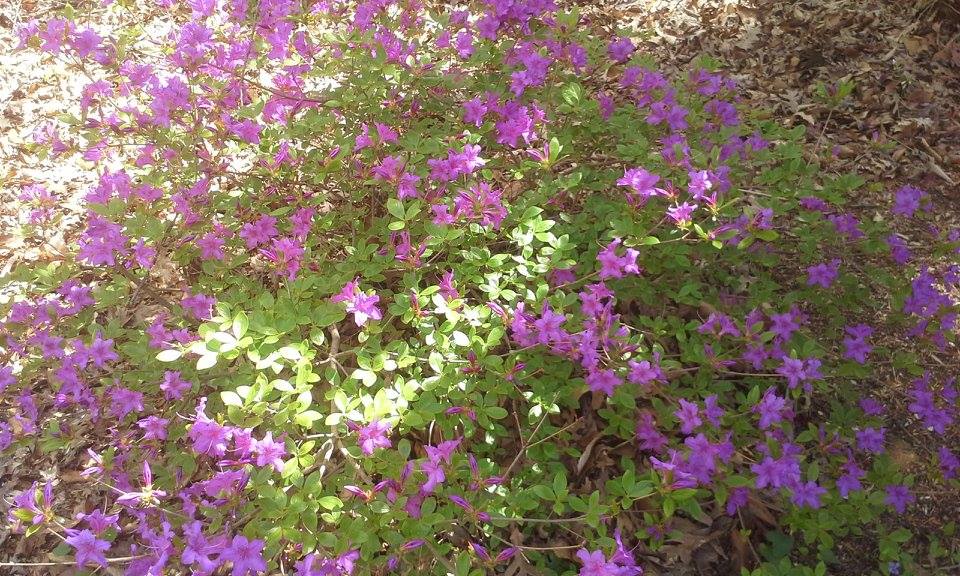
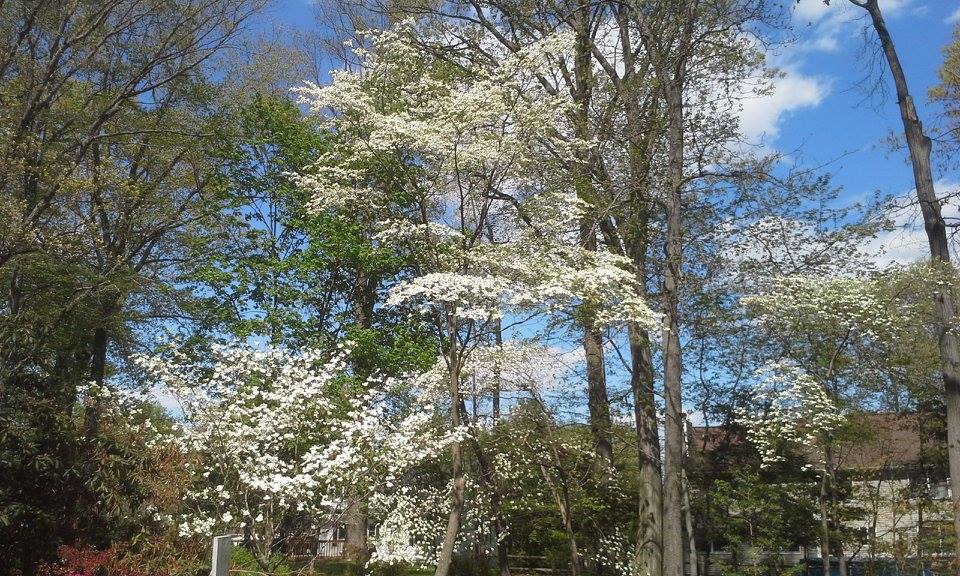



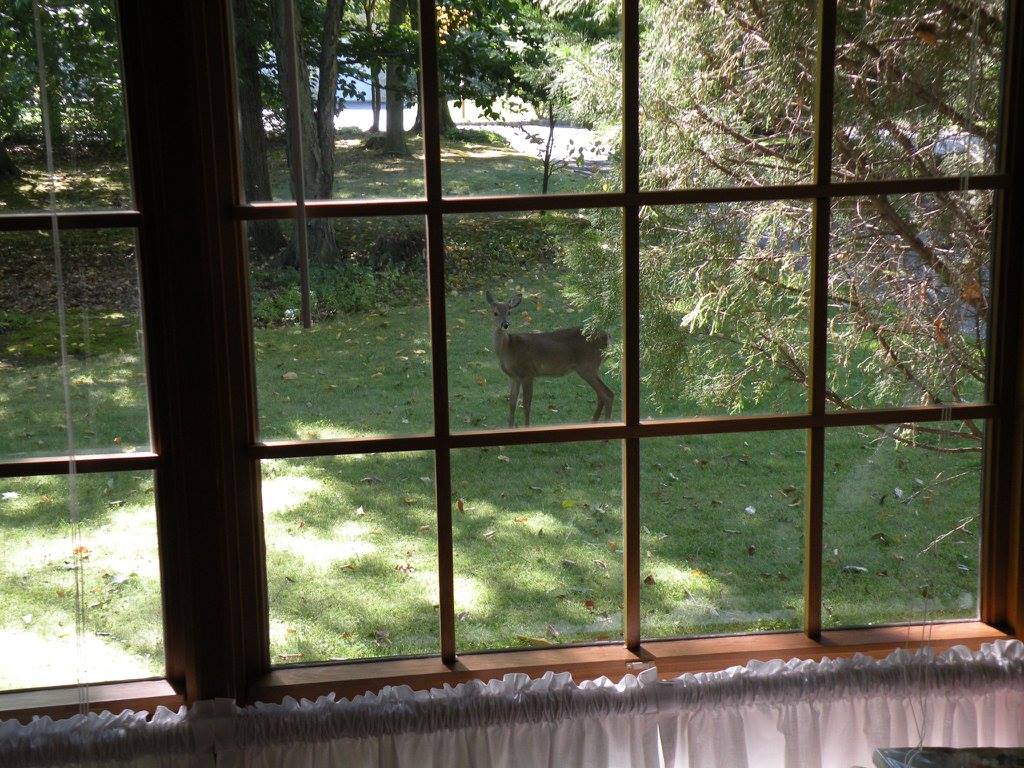

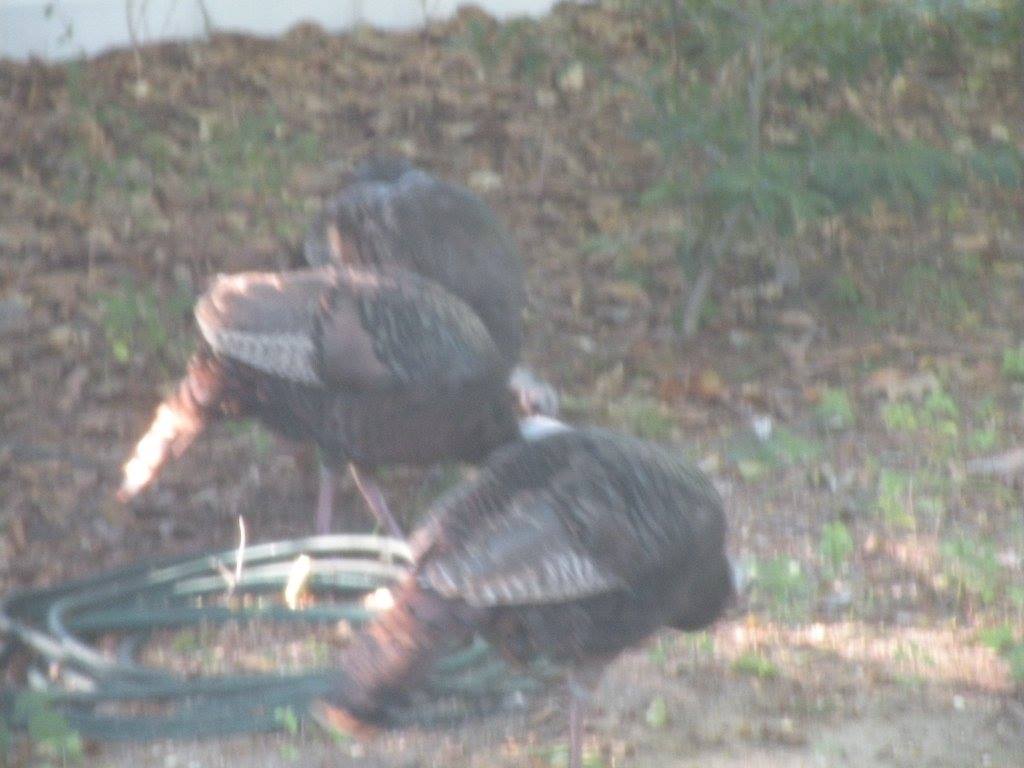



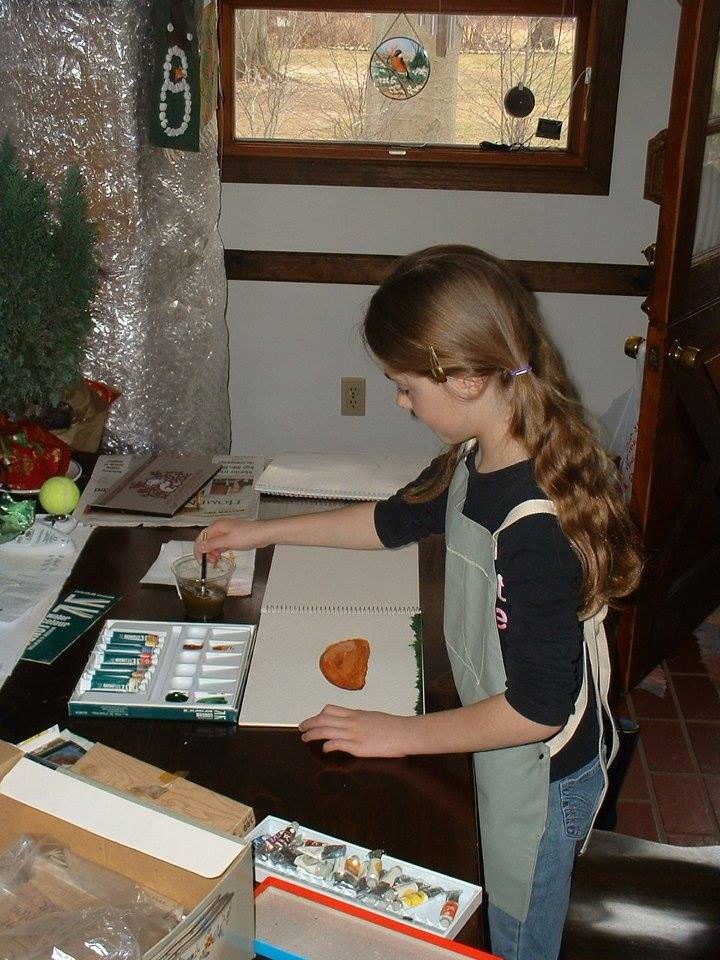
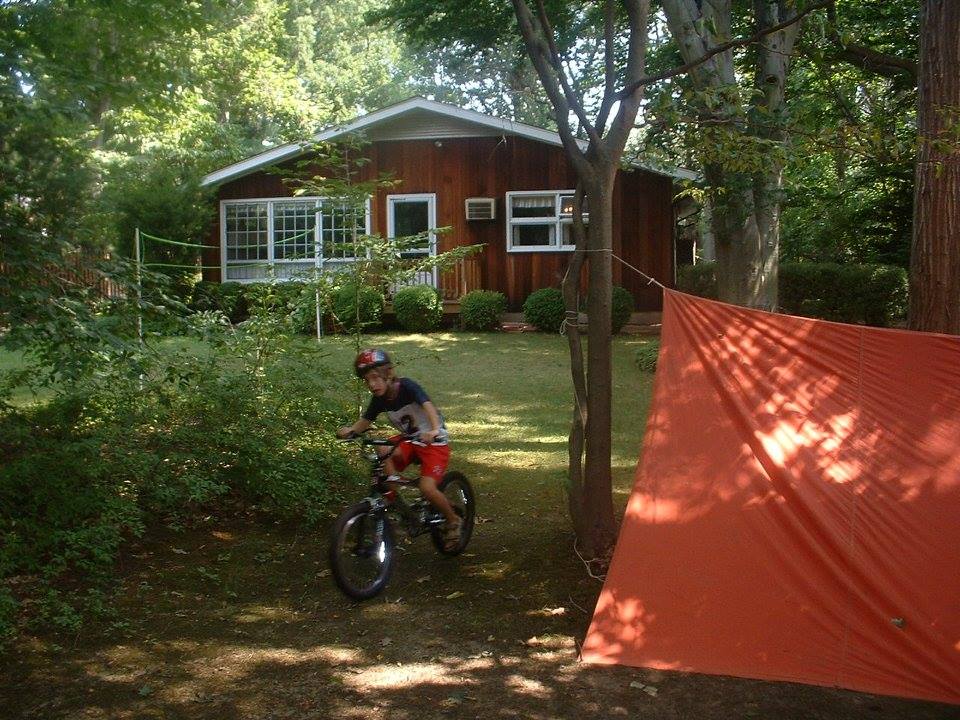
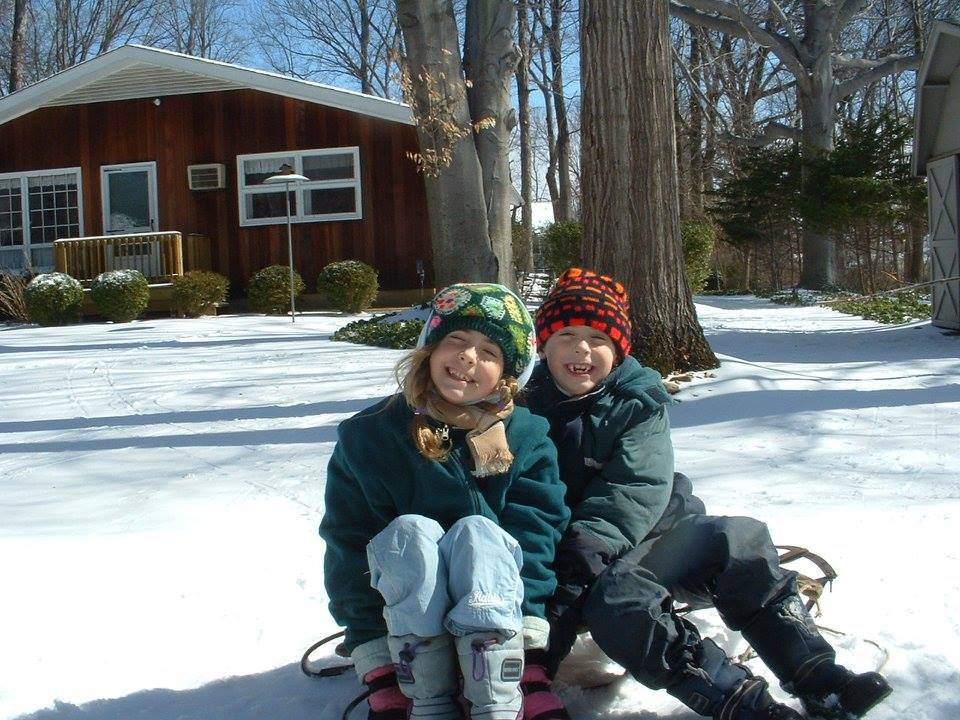
Fantastic commentary about the reason for Easter.
LOVED it!
Thank you, Pat. Happy Easter!
It’s comforting to still have an Easter message, and thank you for sharing your special memories.
I am glad it brings some comfort, Stacey. Even in these… sticky times, forgiveness is certain and Newness of Life is possible. Pastor Mark.